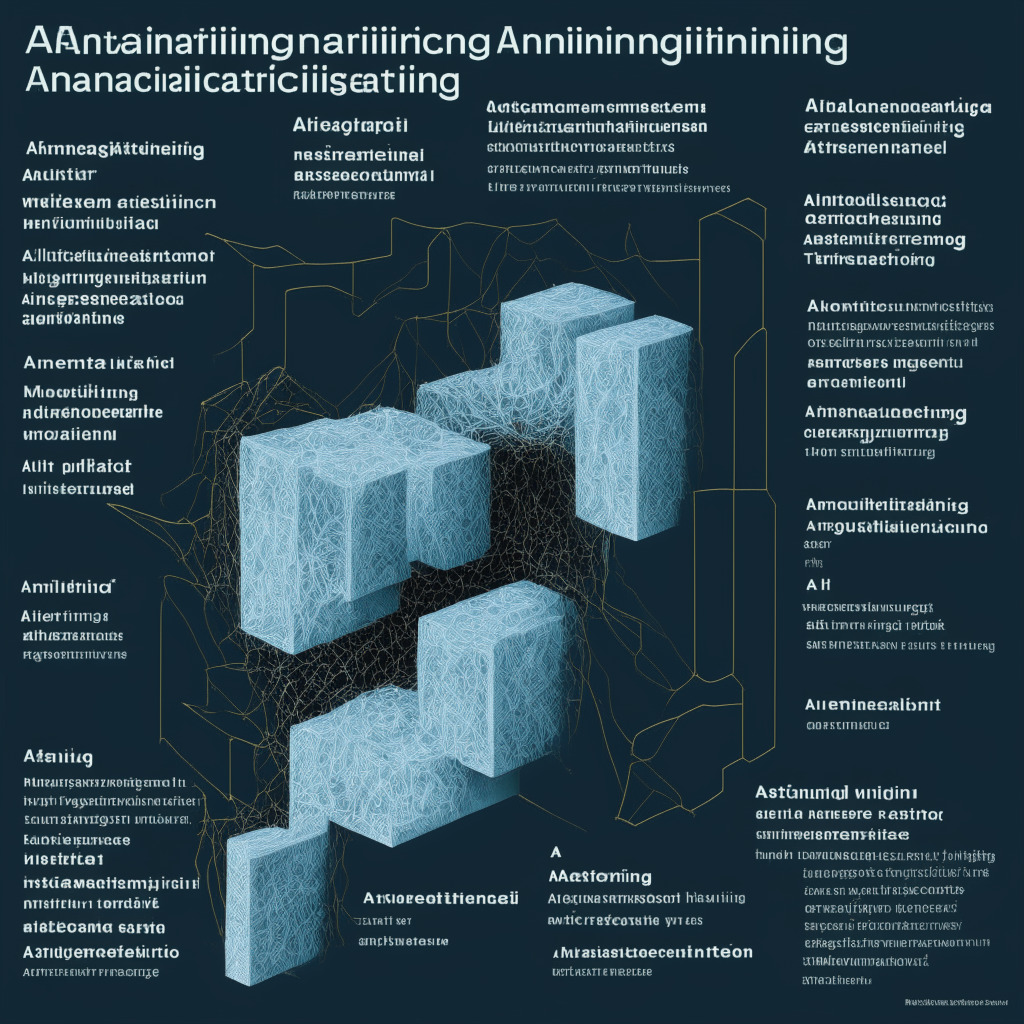“A recent Bloomberg report suggests more than half of the power fuelling the Bitcoin ecosystem is sourced from renewable means, driving a movement towards sustainability within the crypto-verse. The trend towards greener practices could potentially attract institutional investor interest and inspire a sustainable crypto industry without sacrificing cash inflow.”
Search Results for: Cambridge University
Unmasking Bitcoin’s Green Revolution: Sustainable Energy Debate in Crypto Mining
“The expanding Bitcoin network experiences growing emissions at a slowing rate relative to its growth. Over half of Bitcoin mining operational costs are energy expenditures, potentially contributing to the increasing hash rate and mitigating the carbon intensity. However, the sustainable energy mix usage in Bitcoin mining remains a subject of debate, with reports of percentages ranging from 37.6% to over 50%.”
Debunking the Myth: The Real Energy Consumption of Bitcoin Mining
“The Bitcoin Electricity Consumption Index (CBECI) has significantly adjusted its original estimates of cryptocurrency’s energy appetite. It now suggests Bitcoin network’s total energy consumption is more comparable to US tumble dryers usage. This shift is due to the realization that older mining machines are being decommissioned quicker than predicted.”
Unearthing Bitcoin’s Energy Efficiency: A Tale of Progress and Ongoing Challenges
“Coinmetrics reports highlight a noteworthy enhancement in Bitcoin network’s energy efficiency by about 60% since July 2018, due to the arrival of superior, more efficient machines. Additionally, CoinShares’ research indicates that a substantial 74.1% of Bitcoin mining energy originates from renewable sources.”
Crypto Regulation: Blockchain Australia CEO Urges Balance Over US Approach
Blockchain Australia’s new CEO, Simon Callaghan, urges the Federal Government to adopt a balanced crypto regulatory approach, like the UK, Hong Kong, and Singapore, to foster innovation, economic growth, and ensure consumer protection; criticizing the US’ aggressive regulatory actions.
FOMC Meeting Impact on Bitcoin: Price Predictions and Breakout Opportunities
Traders and investors await the upcoming FOMC meeting and Fed Rate announcement, which can significantly impact the cryptocurrency market, particularly Bitcoin and Ethereum. Recent analysis introduces an innovative method to examine the Bitcoin network’s hash power using nonce patterns, while the leading cryptocurrency faces resistance at the $26,250 level and finds support around $25,500.
Bitmain Mining Rigs Claim 76% of Bitcoin’s Hashrate: Decentralization & Energy Efficiency Debate
Recent research by Coinmetrics reveals that three Bitmain mining rig models hold a 76% share of Bitcoin network computing power, highlighting energy efficiency’s role in modern mining. The report also shows a 60% improvement in the network’s energy efficiency since July 2018, with 33.6 joules per terahash consumed today compared to 89.3 J/TH in 2018.
Rethinking Blockchain Terminology: From ‘Data Availability’ to ‘Data Publishing’ – A Paradigm Shift?
Understanding blockchain terminology like ‘data availability’ can be complex. Dankrad Feist from the Ethereum Foundation suggests a shift in name to ‘data publishing’ to simplify the concept. This opens a discussion on terminologies’ balance between simplicity and accuracy.
Quantum Computing’s Double-Edged Sword: A Technological Revolution vs Economic Stagnation
The advent of quantum computing could impose drawbacks on economic growth, warn researchers. As this new technology emerges, it brings with it the threat of economic stagnation and a “productivity paradox”, wherein improved tech doesn’t immediately cause productivity to surge. A lack of comprehension and risk aversion, alongside significant barriers to entry, may turn quantum computing into a double-edged sword.
Tether’s Strategic Partnership with Georgian Government: A Boon for Blockchain Startups or a Bane for Power Resources?
Tether, the company behind USDT coin, is partnering with the Georgian government to establish a fund for supporting local blockchain startups. The alliance aims to boost Georgia’s tech sector and increase the adoption of peer-to-peer payment systems. Despite initial challenges, Georgia continues to aim for crypto adoption, with Tether committed to fostering a thriving startup ecosystem.
Decoding Bitcoin’s Energy Use: New Method for Accurate Estimations and E-Waste Impact
The Coin Metrics report examines Bitcoin miners’ energy consumption by analyzing blockchain data, offering more accurate estimates compared to previous studies. Incorporating hardware efficiency and e-waste, it facilitates more robust, data-driven discussions about Bitcoin’s environmental impact and future decision-making in crypto mining.
Model Collapse: The Risks of AI Learning from AI-Generated Content & How to Prevent It
Researchers from UK-based universities warn of “model collapse” in AI, where AI learning from AI-generated content leads to polluted training data and disconnect from reality. Ensuring AI models access real, human-produced data for accurate understanding and simulation is crucial to prevent this phenomenon.
AI’s Double-Edged Sword: Influencing Elections and Safeguarding Democracy
In this article, the potential threat of AI-generated text, deep fakes, and biased AI algorithms on democracy is discussed, as well as AI’s possible benefits in combating disinformation. With a multifaceted approach, involving government regulation, international cooperation, and public education, it’s possible to mitigate these risks.












